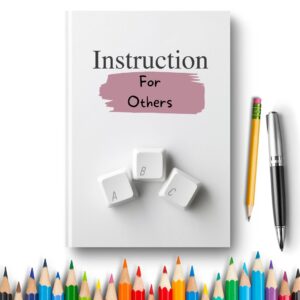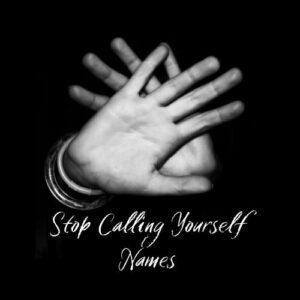Why is it that when dealing with grief you process fairly easily with one person (family member is loved one) and with another you fall apart? Is it just your level of love and attachment to that person?
-Anonymous
When you process grief “fairly easily,” I take that to mean you’re able to feel the sadness and accept the loss. This is what I call Clean Pain. This is the pain that comes from being human. When someone we love dies, we feel loss and experience grief based on our thoughts of love for that person and the loss we feel in their absence. The Clean Pain of grief is experienced as recurring waves of vibrations in our body often accompanied by crying or sobbing that are activated by sometimes sudden thoughts of our beloved. When we can allow these waves of grief and open to the pain, they will usually sustain peak intensity for about 90 seconds before they begin to crest and eventually subside.
“Falling apart,” is what could be be called Muddy Pain. This is when we’re not able to allow the pain to move through us because we’re having thoughts that are resisting or blocking it. These thoughts usually harbor a kind of argument with reality and are often laced with hidden “should’s.” Here are some examples of thoughts that can create muddy pain and complicate the grief process:
This shouldn’t have happened.
I could have/should have…
He/she should have…
I wish I would have… spent more time with him/her.
I should have been there.
I regret…
I can’t/don’t want to go on without him/her.
My question is how after a lifetime of needing to control outcomes. People and situations. Or traffic. Anything. Life in general. Even after being in a 12 step program and doing 4th steps. The fear that lies behind letting go still rears its ugly head. What techniques can one implement to learn to trust life on life’s terms. To accept the things I cannot change and still be at peace. To live in the day.
-A recovered addict
A need to control outcomes we can’t control will always lead to fear. It’s a thought error most of us struggle with to different degrees based on believing, as Eckhart Tolle would say, “that we’re morally superior to reality.” The first step is to become aware that your thoughts are habits of subjective interpretation and not observations of reality. As long as you believe your brain’s judgements on how people and situations should be, you set yourself up to maintain pursuit of an impossible mission that moves you further away from peace and perpetuates frustration and powerlessness. I suggest that the next time you are faced with a situation you want to control, you ask yourself, “Am I willing to be wrong about this?” In order to trust life on life’s terms, you have to be willing to be wrong about your thoughts on how life should go. I also recommend looking into the work of Byron Katie. She has a process called, “The Work,” that can be helpful in extricating ourselves from this kind power struggle with life.
Does guilt have any useful purpose in the Human Condition, or is guilt as worthless as Nietzsche says?
Thank you,
Feeling Guilty
Guilt is an emotion and, as such, it comes from our thoughts. We feel guilty when we think we’ve broken a moral standard we hold for ourselves. It’s not a comfortable feeling, but it can show some positive things about us. In other words, there may be some upsides to guilt, such as:
It can alert you to when you’re not living up to your core values.
It can motivate you to examine yourself and make adjustments.
It can signal you to stay aligned with your moral standards.
It can preserve relationships by protecting people that matter to you and keep you from blaming others.
It can empower you to take responsiblity for you change rather than believe change is out of your hands.
It can protect you form vulnerability , exposure and possible judgement of others.
It can be an expression of emotional generosity by taking on blame.
It can shows you have a strong moral code you want to live up to.
Whether it’s useful depends on the whether it leads to the outcome you want. If it results in making changes you want to make or strengthening connections that are important to you, it may be useful; on the flip side, if it keeps you mired in self-judgement or holds you back from the results you want to create in your life, then it would clearly not be useful.



